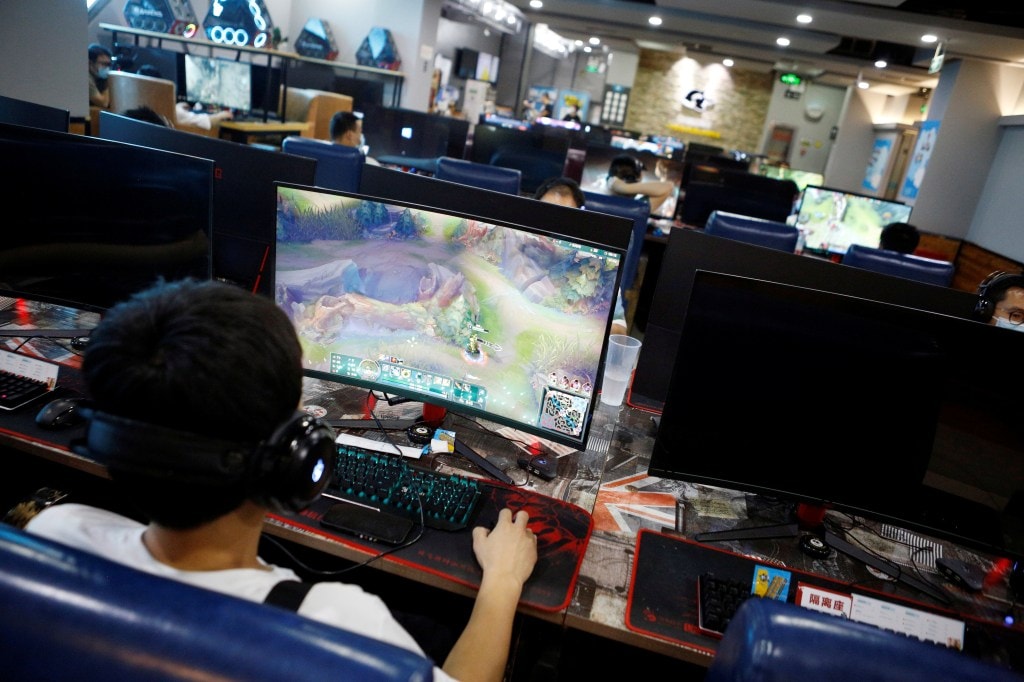The goods and services tax (GST) demand notices slapped on five online gaming companies have revived memories of a similar setback for telecom service operators in October 2019 over adjusted gross revenue dues.
Online gaming firms such as Delta Corp, Dream Sports (parent of Dream 11), Games24x7, Head Digital Works, and GamesKraft have together received a GST payment demand of around Rs 1.1 trillion since August 2017 till June 2022, according to industry sources.
This is almost five times the collective revenue of these companies between FY19 and FY22, which comes to Rs 20,929 crore.
The government, however, differs. According to revenue secretary Sanjay Malhotra, the online gaming industry had an estimated overall turnover of Rs 85,000 crore as on March 31, 2023. Malhotra had told FE in July that GST receipts from the burgeoning industry fetched barely 2%, that is Rs 1,700 crore, of their FY23 turnover.
The huge tax burden is a result of a difference in interpretation of tax laws. Till now, online gaming firms have been paying 18% GST on the platform fee — the commission they charge participants entering a game. They have also been differentiating between games of chance and skill.
The government has, however, maintained that GST rate on gaming was always 28% on the full face value, and there is no distinction between games of chance and skill. According to tax officials, the GST Council recently only clarified this position.
“This law (28% tax on online gaming) is already there. It’s only that the courts have interpreted it in a particular way and we are interpreting it in another way,” Malhotra had said.
Apart from levying tax at a higher rate with retrospective effect, the government has also levied 100% penalty and interest on the amount due.
Similar was the case in the AGR matter, where the Supreme Court ruled that telecom operators need to pay dues totalling Rs 1.4 trillion. There, too, the dispute between the government and industry was over what revenue qualifies as AGR, with the apex court ruling in favour of the government’s definition.
The similarity between the two cases, however, ends here. In 2019, the total AGR of the telecom industry stood at Rs 1.6 trillion, meaning that the industry revenue was higher than the amount charged.
Though the telecom firms had cash flows, the Supreme Court allowed them to pay AGR dues in instalments spread over a 10-year period.
It remains to be seen how the legal battle between online gaming firms and the government now plays out in court. However, analysts and industry executives say that assuming the companies get a breather on the lines of telcos to pay in instalments, it’s unlikely they will be able to generate enough revenue to pay the dues.


